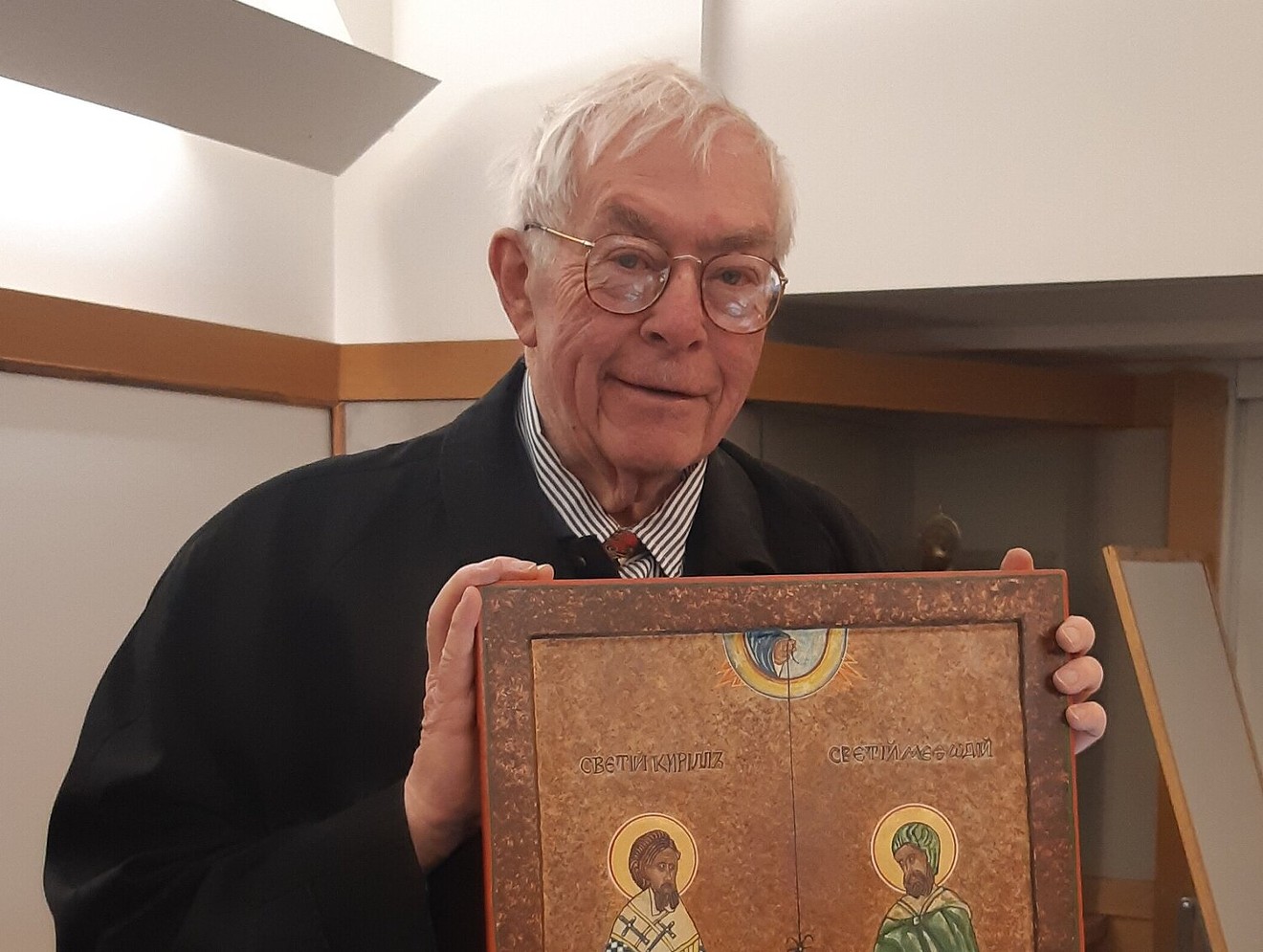In the early ’80s, when the government would raise taxes "willy nilly," Colorado homeowners "were furious about the increase in their home property taxes," remembers Dennis Gallagher, who was serving in the Colorado State Senate at the time. Rather than risk the kind of taxpayer revolt that California was seeing, he and Senate Minority Leader Ron Stewart — "I never served in the majority, can you believe it?" Gallagher asks — decided to do something about it.
They came up with a proposal that would create an amendment to the Colorado Constitution capping homeowners' share of the state's property-tax pie at 45 percent rather than the approximately 70 percent it was at the time, Gallagher recalls, "balancing off the amount of money that homes would pay versus business."
"I want you to carry it," Stewart told Gallagher, "because you're going to be around long enough to defend it."
And now that a rollback of the Gallagher Amendment is on the November ballot, courtesy the Colorado Legislature, Gallagher is now doing that again...five years after he retired from a 45-year career in public service that included not just his Statehouse experience, but two runs for mayor, time on Denver City Council and a stint as Denver Auditor. (By the way, Stewart is still around, too.)
This isn't the first time that the legislature has gone after the Gallagher Amendment. Over the years, there has been so much talk about freezing the measure, "I would feel a chill go up my spine," says Gallagher.
Three years ago, legislators convened an interim committee to consider a possible referendum that would clear up the collision between Gallagher and the Taxpayer's Bill of Rights, or TABOR, passed by voters a decade after they passed the Gallagher Amendment. "I have no regrets about Gallagher; I think it's done what it should have for homeowners, and it's protected the middle class," Gallagher said at the time. "It's the only protection for the middle class in the constitution in a state where business is everything."
Last year, as small-business owners in Denver complained about skyrocketing property taxes on their restaurants, shops and galleries, Gallagher suggested that the city offer some kind of rebate to support that segment of the middle class.
But these days, Colorado's economy is embattled, all business is under fire, and legislators are taking aim at Gallagher's namesake referendum. "They always want to repeal that first," Gallagher says. "There's not a word about the other 160 tax breaks given to business." For example, he notes, "bull semen is exempt from tax in Colorado."
But state senators Chris Hansen and Jack Tate were not bullshitting on June 1 when they formally introduced a resolution to repeal the Gallagher Amendment. “By repealing the Gallagher Amendment, we will be protecting our local schools, hospitals and fire stations from volatile funding formulas that ultimately hurt the core of our communities,” said Senator Chris Hansen, a Denver Democrat. "COVID-19 and the subsequent economic recession have drained local government resources, and Gallagher would force communities across Colorado to suffer even more. It’s time to stabilize revenue streams for our critical services and public education.”
“With this repeal, we will be maintaining funding for hospitals and first responders in our local communities,” added Tate, a Republican from Centennial. “COVID-19 and the economic shutdown will trigger Gallagher to force crippling tax increases on Colorado businesses that are trying to recover. It’s time to stabilize the situation for our critical institutions and our job creators.”
Their proposal, which passed the legislature in June, referred a measure to the November 2020 ballot to freeze the assessment rates at today's values: 7.15 percent for residential properties, and 29 percent for non-residential. The legislature could lower them in the future, but could not raise them without a public vote. That's where TABOR comes in.
Gallagher says he's sympathetic to the plight of rural communities that don't have a lot of businesses, and couldn't persuade their residents to increase taxes for basic services. But still, he'd like legislators to consider other options, such as returning Gallagher to the days before TABOR, when the legislature and other taxing districts could float their mill levy so that fire protection and school districts were protected. "There are some counties that wouldn't vote for a tax increase if their house was on fire," he notes.
And getting Coloradans to willingly raise their property taxes this fall might not be easy, Gallagher adds: "The question is, how do you get taxpayers to vote for an increase?"
That's up to the legislature, just one of the tough tasks it faces in the days ahead. "Be honest with the people," Gallagher urges. "How much more do you want homeowners to pay so that businesspeople can pay less?"
[
{
"name": "Air - MediumRectangle - Inline Content - Mobile Display Size",
"component": "12017618",
"insertPoint": "2",
"requiredCountToDisplay": "2"
},{
"name": "Editor Picks",
"component": "17242653",
"insertPoint": "4",
"requiredCountToDisplay": "1"
},{
"name": "Inline Links",
"component": "18838239",
"insertPoint": "8th",
"startingPoint": 8,
"requiredCountToDisplay": "7",
"maxInsertions": 25
},{
"name": "Air - MediumRectangle - Combo - Inline Content",
"component": "17261320",
"insertPoint": "8th",
"startingPoint": 8,
"requiredCountToDisplay": "7",
"maxInsertions": 25
},{
"name": "Inline Links",
"component": "18838239",
"insertPoint": "8th",
"startingPoint": 12,
"requiredCountToDisplay": "11",
"maxInsertions": 25
},{
"name": "Air - Leaderboard Tower - Combo - Inline Content",
"component": "17261321",
"insertPoint": "8th",
"startingPoint": 12,
"requiredCountToDisplay": "11",
"maxInsertions": 25
}
]












